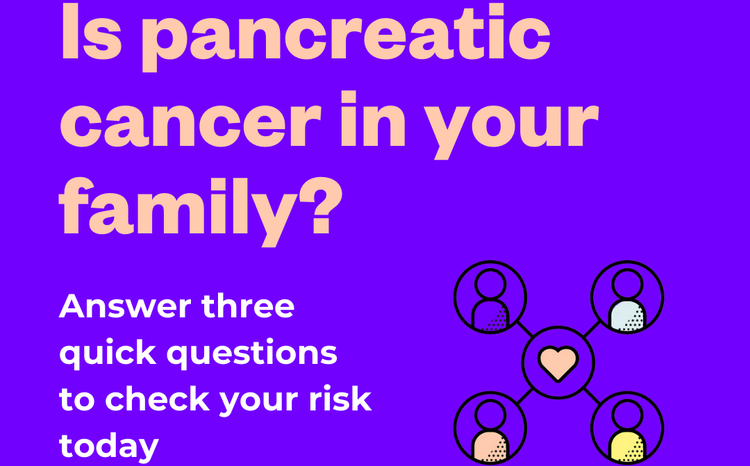Pancreatic Cancer UK launches app to improve data collection

Pancreatic Cancer UK has launched a free app to help people affected by pancreatic cancer, which will also collect vital data to support future research into the condition.
The Medli app has been produced in conjunction with Medli Health and helps to give patients a better understanding of their symptoms and what their care plan should look like. It also collects much-needed data which could potentially aid research breakthroughs in the future.
Sarah Bell, head of services at Pancreatic Cancer UK, said: “Pancreatic cancer patients will finally have a tool in the palm of their hand that will assist in managing their condition and give them the knowledge to best navigate the healthcare system.”
With the ability to track all medications and appointments, the app can help improve the quality of life for people with pancreatic cancer. It also supports them to track their symptoms and their severity, allowing for more informed conversations with healthcare professionals.
Patients can choose to share this data with loved ones, as well as their healthcare teams.
Supporting research
In addition, Medli will help Pancreatic Cancer UK to accelerate breakthroughs in research into the condition, by providing improved access to clinical and treatment data. It will also provide data on quality of life and service provision, which could help identify unmet needs and new areas for service development.
The app will allow access to Patient Reported Outcome Measures, as well as Patient Reported Experience Measures data, helping to map how people perceive their own health and their personal experience of the healthcare they received.
Bell continued: “Medli will give those who have been diagnosed the chance to contribute to research specific to pancreatic cancer without having to jump through hoops or commit time to projects, which would take it away from their loved ones.
“This patient-reported data could be invaluable in monitoring standards of care across the country and providing health professionals and the NHS with quality data to improve services and deliver the best outcomes for patients.”
In December 2020 The Brain Tumour Charity launched BRIAN, an initiative to gather and improve access to data on brain cancers. After successfully helping patients via an app, as well as providing data to help form care and support decisions, they developed Medli Health.
Pancreatic Cancer UK were chosen by The Brain Tumour Charity to be launch partner for Medli after it demonstrated the huge data gap evident in pancreatic cancer.
Graham Norton, interim CEO, at The Brain Tumour Charity, said: “We have seen first-hand how data we’ve collected through BRIAN can have a positive impact. It is invaluable in understanding people’s quality of life and helps to drive forward research.
“We hope Medli will remedy the glaring data gap for pancreatic cancer, improving outcomes in the future, while providing a hub of comfort for patients today.”
NHS trusts are increasingly using technology for procedures such as robotic surgery, to allow a wider range of operations and procures to be carried out, including prostate, bladder and pancreatic.
University Hospitals Coventry and Warwickshire NHS Trust installed a new robotic-assisted surgical system last August allowing more procedures and precise operations, including for those with pancreatic cancer.




